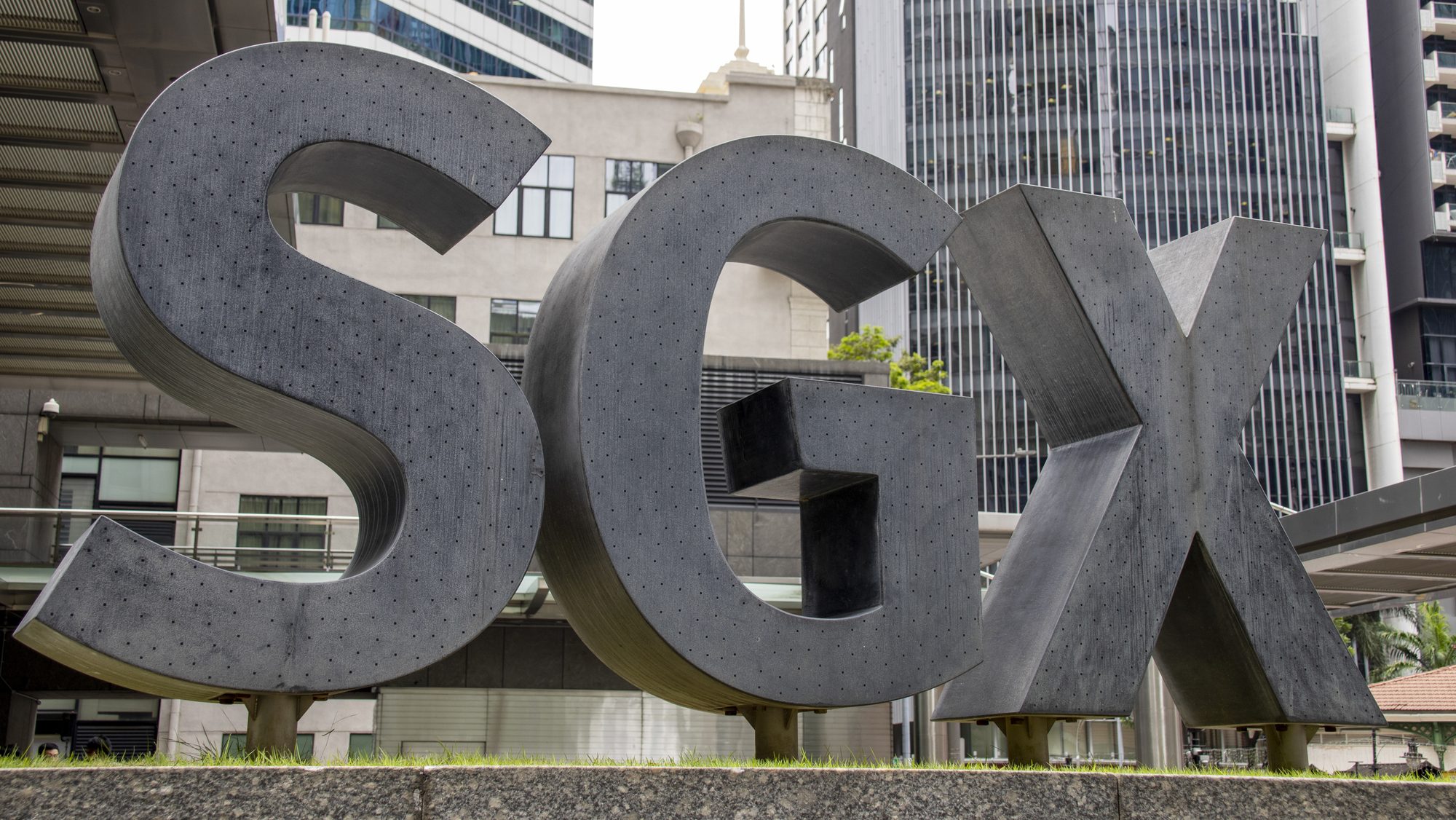SINGAPORE: Singapore studies proposals to revive its struggling stock market amidst concerns over its lagging performance compared to its regional counterparts.
According to three individuals familiar with the matter, the Financial Times reported that the Singapore Exchange (SGX) is examining a document submitted by the Singapore Venture & Private Capital Association (SVCA), which includes state funds GIC and Temasek among its members.
Key government bodies, including the Economic Development Board, the Ministry of Trade and Industry, and the Monetary Authority of Singapore, also consider the SVCA’s suggestions.
Talks have been ongoing since the start of the year, spurred by a growing trend of Southeast Asian companies, like Carro, opting for US listings over Singapore.
Mandating stock market participation
To bridge this gap, one proposal involves mandating participation in the stock market from the growing private capital influx into Singapore, including funds from family offices and wealth management businesses.
More radical ideas are also on the table, such as emulating mechanisms seen in countries like Australia and Thailand, allowing pension and sovereign wealth funds to invest in stocks.
This marks a departure from GIC’s predominantly international investments as Singapore’s government seeks to bolster its local market.
An industry insider involved in the discussions highlighted a shift in government mindset towards viewing the stock market’s health as integral to Singapore’s national agenda.
According to the industry insider, “Is it possible to be a well-rounded and relevant international financial centre with an anaemic stock market? Perhaps not.”
An anonymous individual involved in the creation of the document noted that they had “not seen an all-government and industry approach like this” since Singapore’s efforts to promote its tech and venture capital sector in the late 2000s.
SGX’s Chair, Mr Koh Boon Hwee, a renowned business veteran, has played a pivotal role in championing fresh perspectives, a departure from past practices.
However, official responses remain guarded. MAS states it “has received the proposals and is reviewing them,” while SGX, EDB, and MTI decline to comment.
SGX as “one of the quietest” globally last year
Singapore has emerged as a financial hub in recent years, partly due to China’s President Xi Jinping’s crackdown on Hong Kong.
Additionally, the island state has seen significant inflows of private wealth and capital, attracted by its stability and business-friendly, low-tax environment.
Yet, this prosperity hasn’t translated to the stock exchange, plagued by low volumes and corporate disclosure concerns.
Delistings frequently outnumbered listings, and despite attracting new economy and technology firms, SGX struggles to keep pace with its regional counterparts.
Last year, it recorded one of the lowest deal volumes globally and was cited as “one of the quietest” exchanges, a stark contrast to the IPO boom witnessed elsewhere in Asia.
Regional peers like Indonesia and India have experienced IPO surges, prompting a “growing fear” that even Singapore’s private capital might leave and gravitate towards these faster-growing markets.
The government has been closely observing policies in other countries, like the UK’s push for pension schemes to support business growth.
Similar to GIC, Singapore’s Central Provident Fund has ample capital. Although retail investors can use their CPF funds to invest in specific stocks, this hasn’t significantly impacted trading volumes.
There’s currently no government policy encouraging broader CPF investment in stocks.
Collaborating with Southeast Asian stock markets
Another proposal includes fostering closer ties with Southeast Asian stock markets, potentially culminating in Singapore hosting a regional exchange. Yet, scepticism lingers over whether these initiatives can reverse SGX’s trajectory.
One hedge fund executive based in Singapore stressed that “creating supply and demand is hard.” He also noted the need “to be talking to market makers like local funds and asset managers.”
While Singapore touts itself as an innovation hub, its risk-averse retirement system presents challenges. Efforts to attract secondary listings and introduce Spac regimes have fallen short in the past.
The Singapore-based hedge fund executive said, “It’s nice to have ideas and to make it part of the Singapore national agenda.
But fixing poor disclosure practices or strengthening corporate governance to give investors more assurance remain the broader issues for us.” /TISG
Read also: IPO market 2024: SGX faces stiff international competition as markets recover
Featured image by Depositphotos

